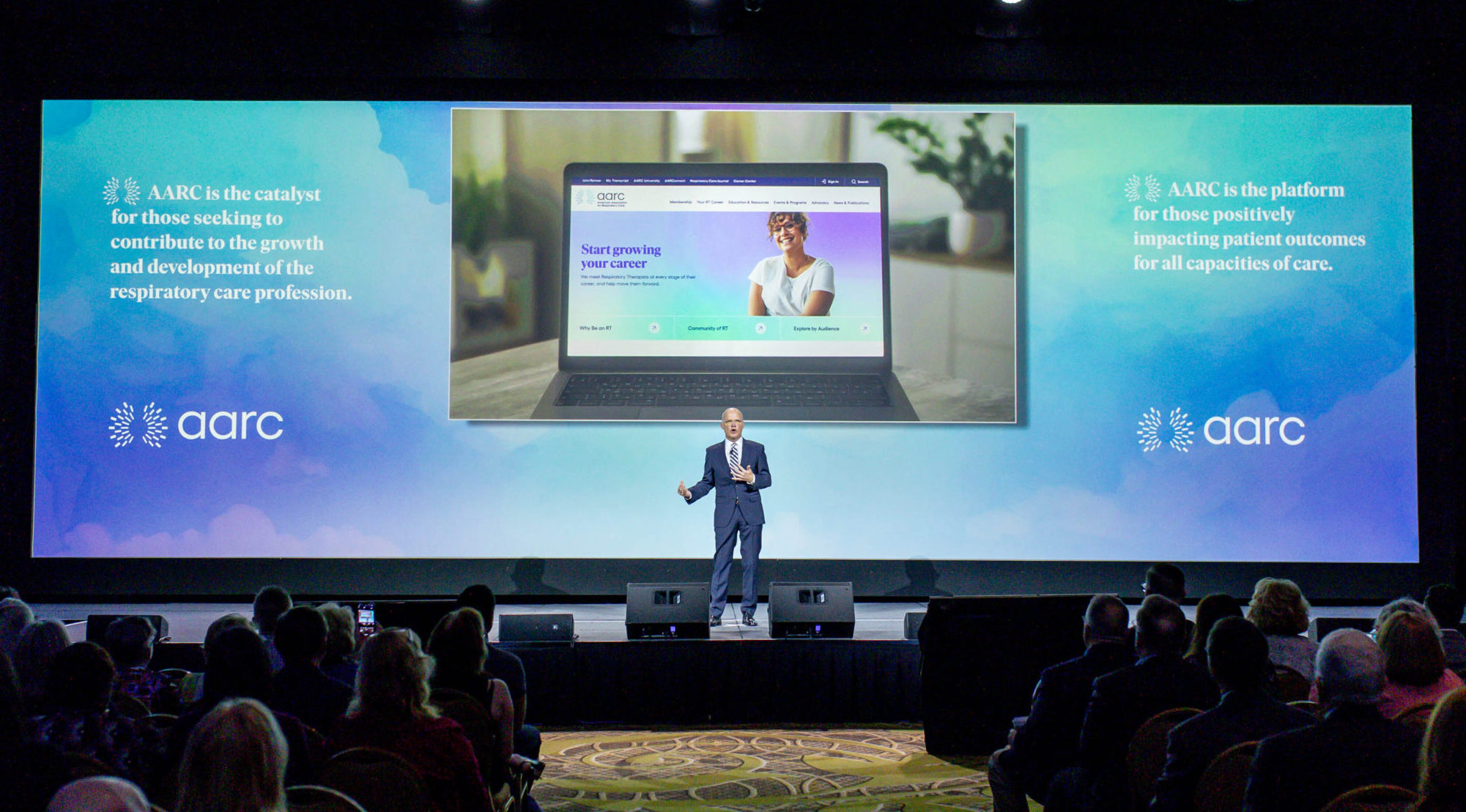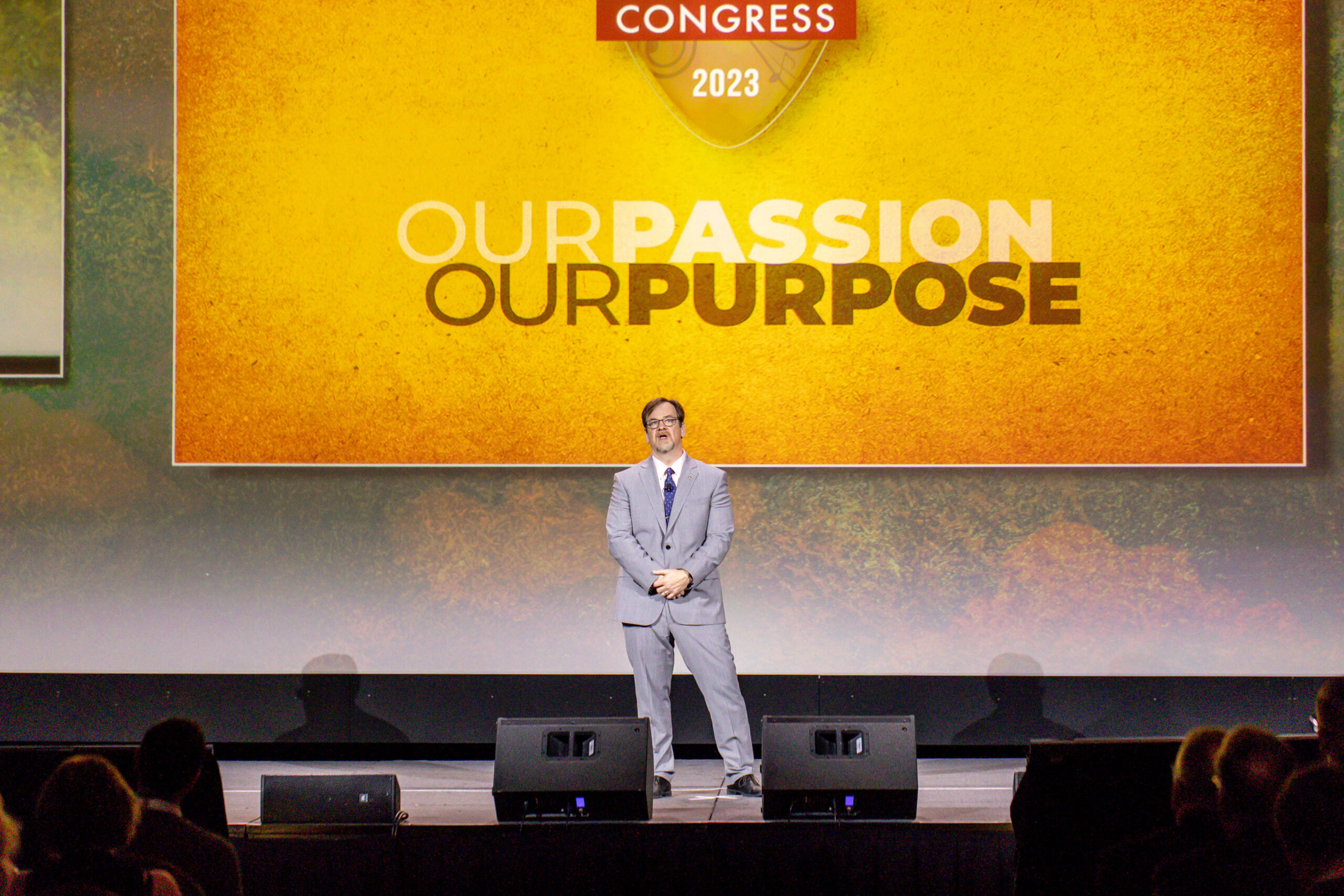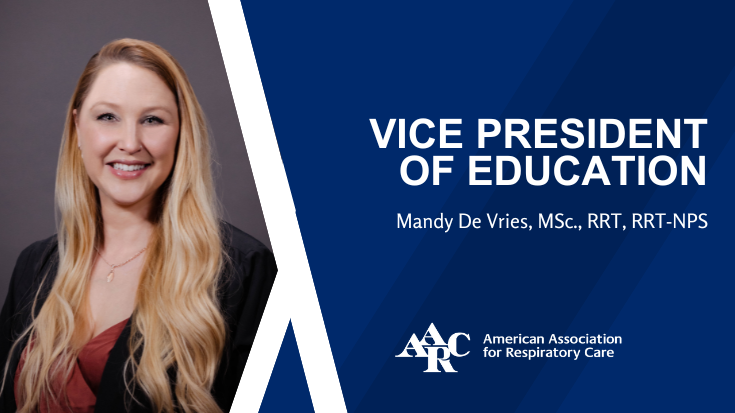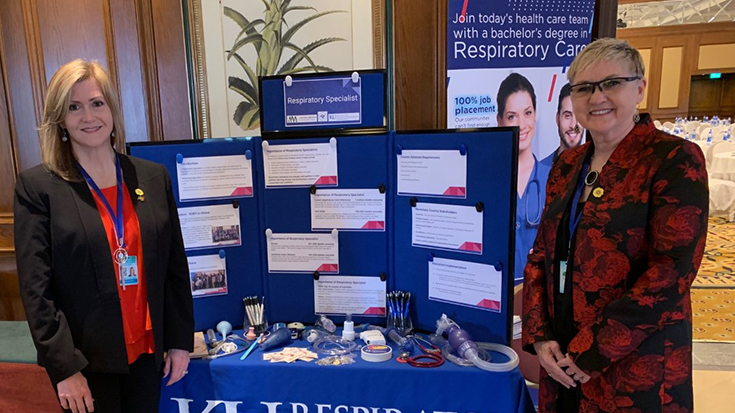
African Union Summit – Leadership Meeting – Investing in Health
by Karen Schell, AARC President,
Lisa Trujillo, AARC BOD
International connections
Many of you who attended the AARC International Congress in Las Vegas last December remember the ARCF sponsorship of the first Super Fellow, Julie Essiam, co-founder of Africans 4 Africa (A4A) and from Ghana, Africa. Her visit to the International Congress sparked a fire and it is about to take hold!
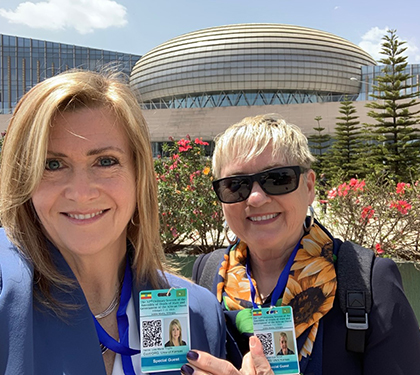
AARC President Dr. Karen Schell and Board of Directors Member Dr. Lisa Trujillo were invited by Essiam to attend the African Union Summit Leadership meeting, Investing in Health, in Addis Ababa, Ethiopia February 8 and 9.
The African Union Summit hosted 50 presidents, ministries of health and finance as well as leading health organization such as WHO, Global Fund, Gates Foundation, African Health Business (AHB), African 4 Africa (A4A), and other leading African organizations. Together they discussed health issues facing the continent.
The need for respiratory care
Each year across Africa, 2.7 million people die from pneumonia, HIV/Aids, stroke and ischemic heart disease. These numbers do not include other top 10 causes of mortality, such as birth-related deaths, malaria, and trauma. The one component each of these have in common is the involvement of the respiratory system.
According to the World Health Organization in August of 2018, African countries report ratios as few as 2 physicians per 100,000 population and 4 nurses per 100,000 population.
To shift the needle on these top causes of mortality, it is absolutely necessary to train and employ respiratory specialists who are experts in managing these and other respiratory related diseases and disorders.
Introducing the “respiratory specialist”
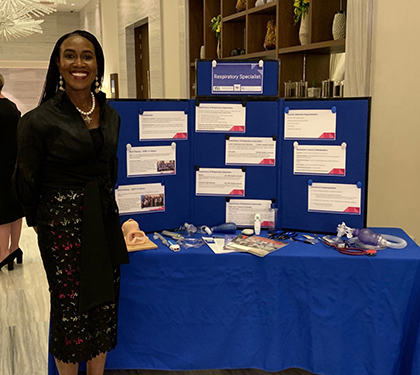
The African Leadership Meeting, Investing in Health, pulled together leaders from across the continent and around the world to discuss and develop strategies to invest, organize, and implement programs that will make the greatest impact on the health of the continent.
Karen and Lisa were asked to be present to introduce the profession of “respiratory specialist” to fill the gap that currently exists in relation to the care of patients with respiratory diseases and disorders.
The term respiratory specialist was suggested by Essiam due to her broad connections and understanding of the cultures across Africa. The term specialist will be highly regarded and is appropriate among this population in terms of the level of care and expertise the profession possesses. Therefore, the term respiratory specialist is used throughout this initiative.
Starting the conversation
Karen and Lisa provided an informational booth during the summit engaging attendees in discussions about the respiratory profession, educational opportunities, and the impact of implanting respiratory specialists in their countries.
Besides providing time to learn about the profession, the two attended the summit in which 50 African countries were represented by their presidents and ministers of health and of finance. Leaders from Africa, Denmark, the United Nations, and even Bill Gates spoke, making commitments to improving the health of the citizens of Africa through various programs and funding already in place.
Additionally, Karen and Lisa attended a fund-raising dinner sponsored by the A4A and AHB after the summit where they had an opportunity to brainstorm ideas during dinner. They engaged with key leaders and stakeholders about health issues and the implementation of plans to develop Respiratory Specialists education in universities across the continent.
Those who stopped by the booth showed significant interest in understanding how educated respiratory specialists could make an impact on morbidity and mortality. Several country leaders were interested in bringing the profession to their respective countries.
Collaborating partners and next steps
After many personal visits with key leaders and stakeholders about services and impact that can be provided by an educated respiratory specialist, the real work begins.
Developing partnerships with government representatives, ministries, accrediting and credentialing organizations, advisors, advocates, financial contributors, and establishing universities with medical schools is essential for success and quick implantation.
Several countries have expressed an interest and are motivated to move toward the next steps. Karen and Lisa will work closely with the University of Kansas Medical Center School of Health Professions, A4A and AHB to map a strategic plan for implementation.
A4A and AHB are now following up with the countries and organizations from the private sector that have expressed a firm interest in this initiative. The goal is to identify four to five countries where rapid rollout is possible, including funding sources and infrastructure within the country to support the degree development and professional implementation of respiratory specialists into the workforce.
Thank you!
The opportunity to bring a Super Fellow through the ARCF who is passionate, forward-thinking and interested in providing the means to build the profession from the ground up in Africa has been the catalyst to start the conversation and to share the vision of how Respiratory Specialists in Africa can saves lives.
We thank the ARCF for their vision of the future and for the support to grow the profession in Africa.
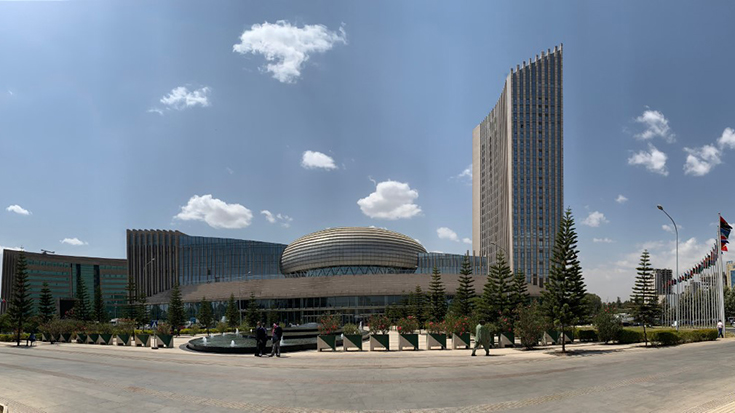
Email newsroom@aarc.org with questions or comments, we’d love to hear from you.








